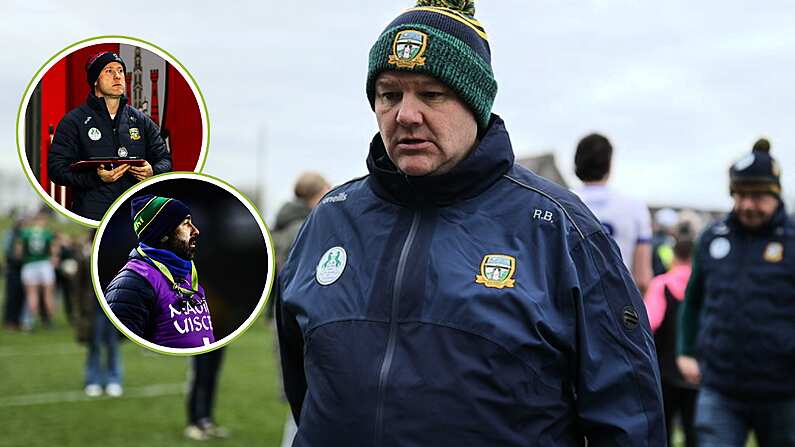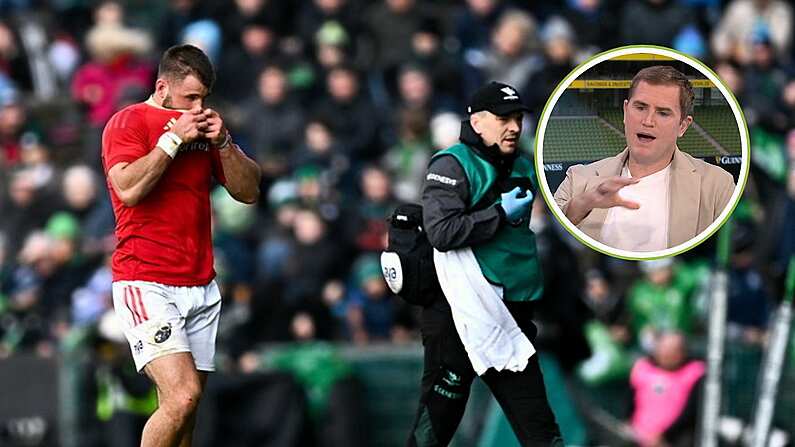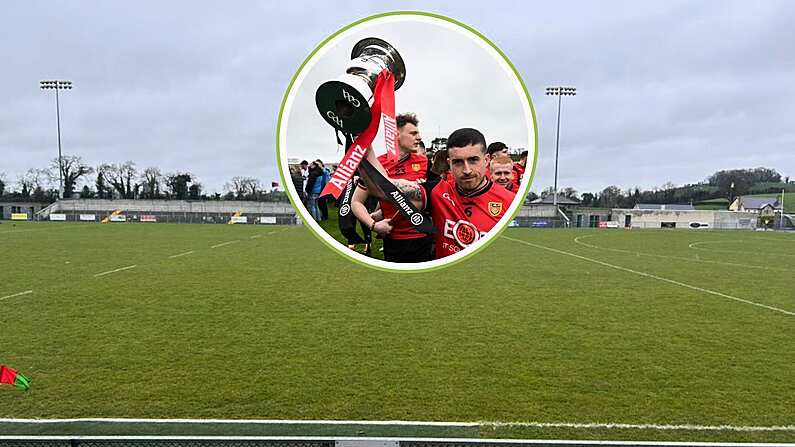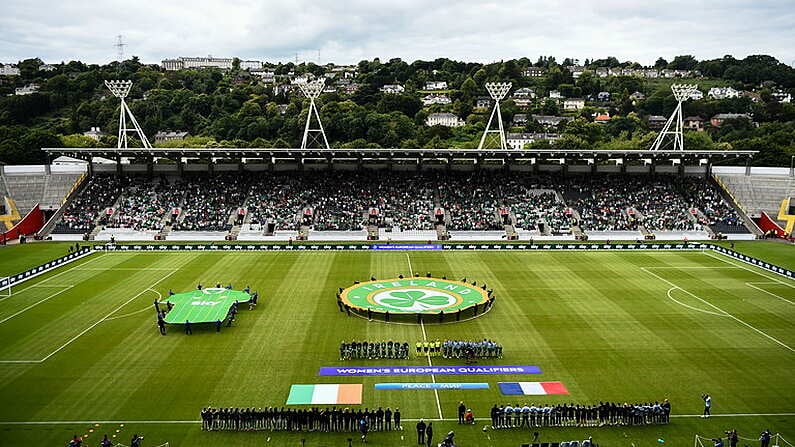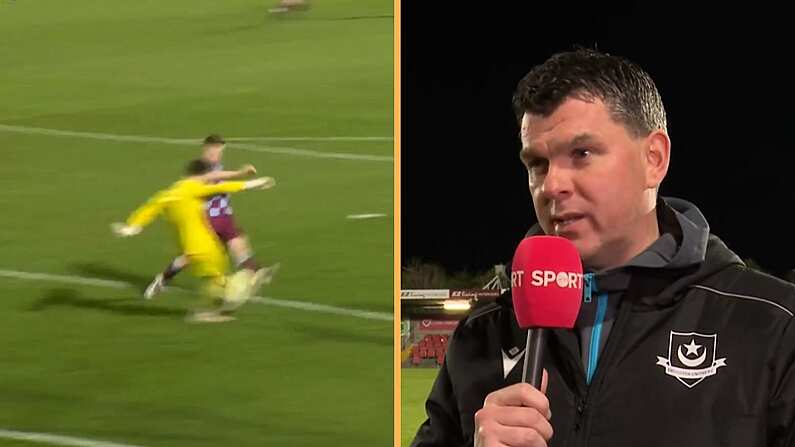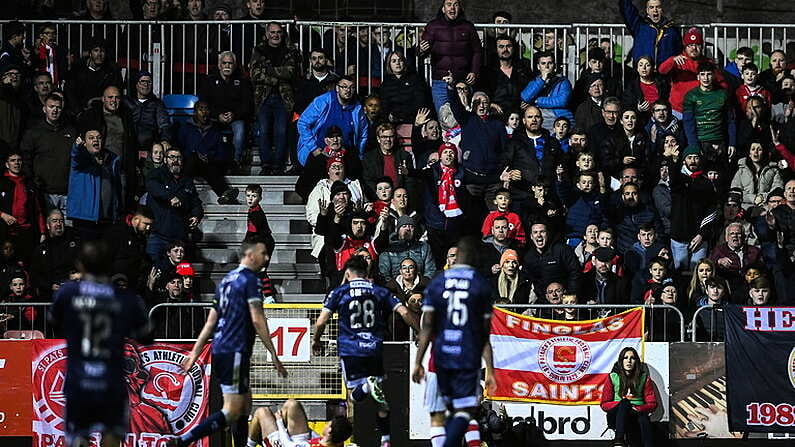On this day thirty years ago, Manchester United shook the football world without it knowing. Alex Ferguson's appointment as manager on November 6th 1986 has proved to be among the most defining football decisions of the twentieth century, but it took United's rivals some time to wake up to Ferguson's genius. By then, for many, it was too late.
But the tremors were felt immediately closer to home. To make way for Ferguson's appointment, Ron Atkinson had to be sacked. Journalist and United fan Andy Mitten remembers the day of Atkinson's sacking, as it cut ice in his school, just three miles from Old Trafford.
I was thirteen and I can remember vividly being at school. Atkinson being sacked was a big deal.
When it happened, I remember it as huge news. It went around school, 'Atkinson's been sacked, Atkinson's been sacked', and it became a joke because three days later, people were still saying it. But these were the days before mobile phones, so how do you get information at school? Someone must have been listening to the radio outside.
There was so much uncertainty, teachers had to tell us of the news. Lessons were paused, and this was about Atkinson being sacked, not Ferguson arriving. Maybe if the teacher was into football he'd pass an opinion, but if he wasn't he'd say you're here to study, and not talk abut frivolous things like football.
Ferguson would become defined by his seemingly pathological aversion to frivolity: a trait which distinguished him somewhat from Atkinson, in the eyes of United chairman Martin Edwards.
Form was poor when Atkinson was sacked: United sat in the bottom four in the First Division having played a third of their league games. Yet he had some credit in the bank. His team had faltered in the league the year previous, but were, at times, electric: they won their first ten games of the season, before a lack of squad depth exacerbated injuries to first-teamers allowed Dalglish's Liverpool recover from a slow start to capture the title with the remorseless inevitability Ferguson would make his own.
Atkinson was also popular, and his two FA Cups along with regular top four finishes made him United's most successful manager since Matt Busby. So while results were poor when Atkinson was sacked, the mood among United supporters would be nothing like the hysteria that would meet a poor run these days: expectations were not as high; United had been relegated the decade previous and hadn't won the league since 1967.
There were other reasons behind Atkinson's departure, as Mitten elucidates.
Speaking in the past to Martin Edwards [then the United chairman], he felt that Ron Atkinson had taken his eye off the ball during the World Cup of that summer. He was in Mexico, when Martin Edwards felt he should have been in Manchester.
It was just Martin Edwards' opinion, but at Old Trafford, he was the decision-maker.
Atkinson was working as a TV pundit at the 1986 World Cup, and his stint in Mexico added further anxiety to Edwards' perception that he was not fully committed to the job. Atkinson had also gone through personal issues, and was dealing with a divorce.
There was also an issue in that Atkinson was aware that United had sounded out Ferguson long before dismissing him.
So as Atkinson left the job having fixed his gaze further afield, Ferguson took the job with his focus fixed squarely on Manchester. Atkinson did not dismiss youth development - he gave Mark Hughes and Norman Whiteside their debuts - but the club were becoming worried at the fact that they were missing out on top Manchester talent. Ferguson hired an extensive scouting network to ensure he didn't lose out on any local talent, and then began scouting the rest of the UK and Ireland to an extent nobody else ever had.
This would ultimately prove fruitful, but Ferguson had to roll with the punches in the first couple of seasons. A second-placed finish in his first full season showed progress but masked a chasm between themselves and Liverpool, and they ultimately drifted further away: there followed an eleventh place finish in 88/89, and they dropped to thirteenth the following year.
When things were going awry for Ferguson in his first couple of seasons, he stressed the need for patience, that the group that now market themselves as the 'Class of '92' would form the bedrock of a squad capable of competing.
He was ultimately proved correct, despite the odd 'Ta-ra Fergie' banner at Old Trafford.
The irony is that Ferguson achieved success thanks to the patience his success has now deemed unacceptable at United.
The tremors are still being felt at home.
See Also: Player Ratings As Liverpool Blow Watford Away To Top The League



